How to Nurture Logical Thinking for Modern Learning
How to Nurture Logical Thinking for Modern Learning
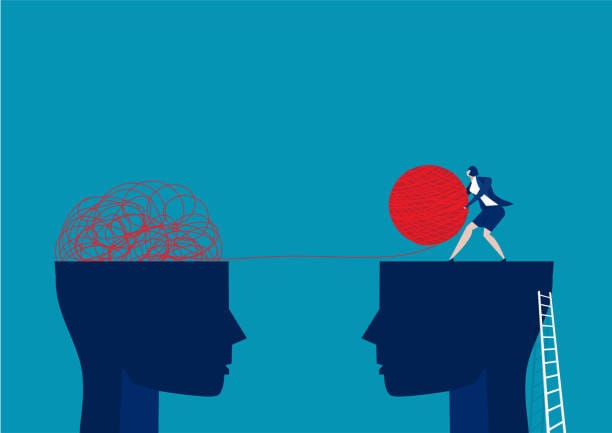
Modern times demand a heightened emphasis on logical thinking skills since information overload and quick technological developments increase substantially. Modern learning requires logical thinking skills because they help develop analytical methods and produce successful problem solutions. People who follow structured and rational thinking methods can confidently tackle challenges in academic environments together with professional scenes and everyday choices.
The blog presents research-backed strategies for educational resources to develop critical reasoning abilities that equip learners of every age group to reason and think analytically. Various methods to enhance cognitive adaptability and reasoning ability will be explained throughout the analysis as we present tactics that structure thinking processes for better success in an advanced society.
What is Logical Thinking?
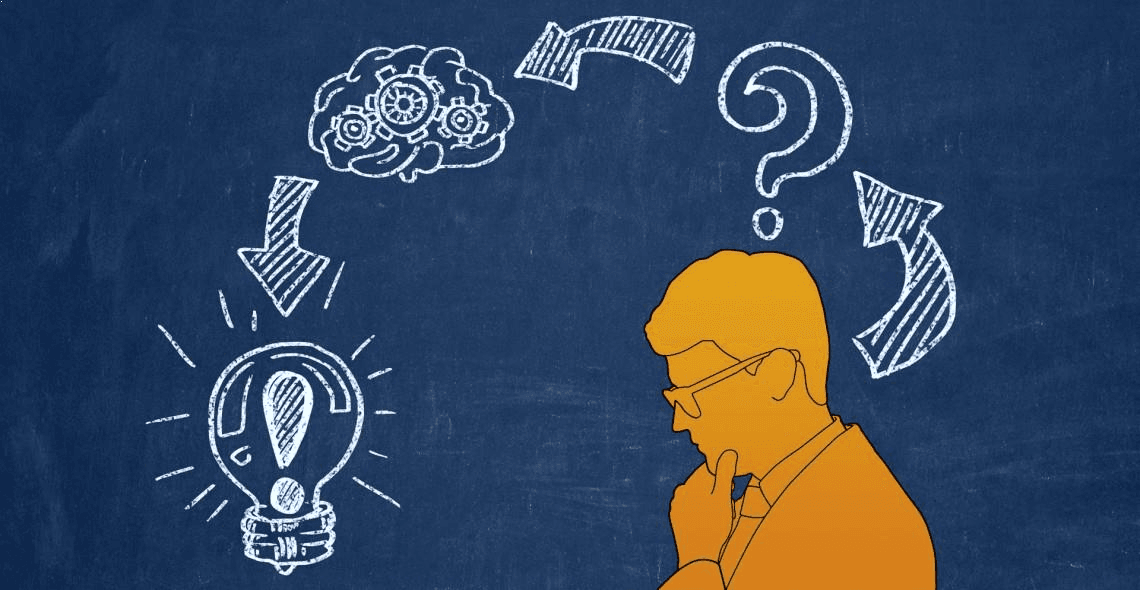
The systematic examination of facts results in obtaining correct conclusions through logical thinking. Through logical thinking skills, individuals can review data to uncover patterns to create decisions that build upon proven facts instead of emotional or conjectured information. The process of dividing major issues into smaller sections with logical thinking skills allows users to reach precise accurate choices.
Logical thinking contains four essential components that guide its operation:
Analysis – Objective information evaluation leads to the identification of important details through analytical processes.
Reasoning – Commenting on information through determined logic combines evidence assessment with clear deductive reasoningprocesses.
Problem-Solving – The method of problem-solving functions through organized mental processes that deliver efficient solutions to challenges.
Critical Thinking – The ability of critical thinking involves analyzing information through objective evaluation and testing of assumptions to establish sound judgments.
The analysis of a science experiment by an academic learner serves as an example of logical thinking. Observers track data patterns to remove unneeded variables that allow them to base their findings on experimental results. Follows a similar approach as business professionals who assess market trends before introducing new products through logical assessment of possible results.
The fundamental analytical concepts serve as tools that help students build systematic problem-solving abilities while enhancing their ability to make educated choices for academic and practical contexts.
The Importance of Logical Thinking in Education Today
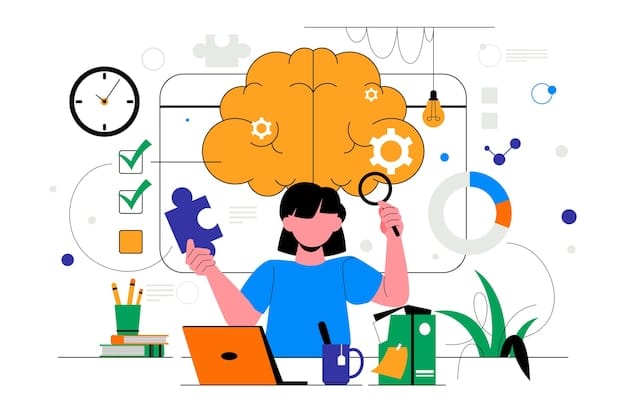
The rapid pace of educational environments demands students to develop logical thinking skills as the most important intellectual asset. Students who study in academic settings need to process large data volumes by evaluating information to make well-reasoned decisions for successful academic achievements. The skills acquired through logical thinking enable learners to solve complex problems via structured methods as it improves both their understanding and memory retention.
Academic performance improvement is the primary educational benefit that logical thinking skills provide to students. Academic subjects in mathematics science along humanities need students to master pattern detection combined with argument building and structured logical operations. The ability to solve problems with efficiency combined with the development of strong supportive conclusions becomes possible through logical thinking skills.
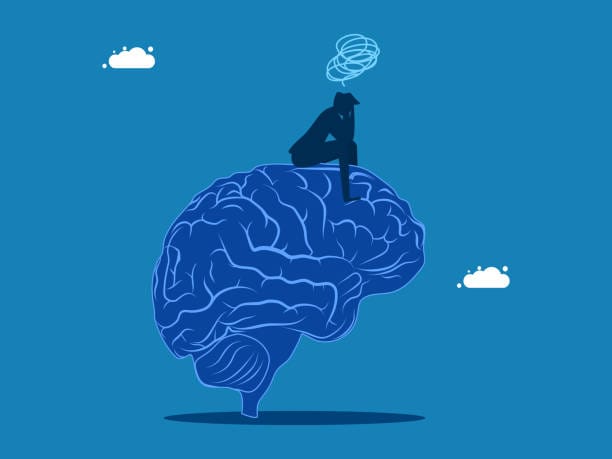
The development of logical thinking skills methods enables students to analyze critical situations while challenging their baseless beliefs and countering mental distortions. The current age requires this skill to separate trustworthy sources from untrustworthy content because misinformation spreads fast so learners need to defend themselves against misleading information. What does thinking logically mean in this context? It refers to the ability to assess information objectively and form reasoned conclusions.
Logical thinking skills enable efficient problem-solving which students require for educational as well as practical challenges in their lives. The process of logicalthinking allows students to divide complex problems into specific steps then develop logical solutions during math challenges and hypothesis development and group decision-making activities.
Since educational environments continue developing their digital capabilities and melding disciplines the necessity for logical reasoning skills increases substantially. Educators who develop students' logical reasoning ability will equip them to embrace complex situations while making independent decisions and succeeding in our modern society.
Practical Strategies to Develop Logical Thinking Skills
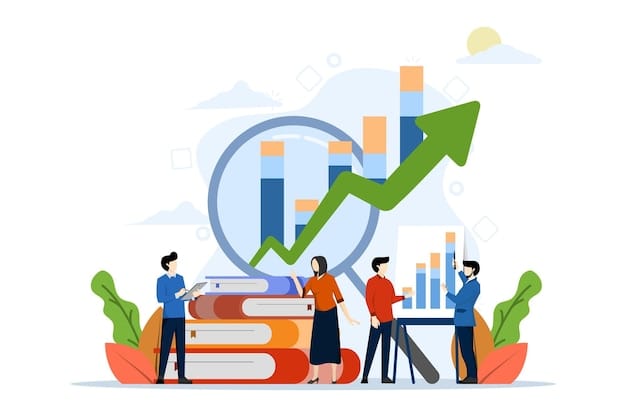
The process of developing logical thinking skills happens through gradual learning that needs both practice and specific structured activities. The process of improving reasoning capabilities requires students to engage in problem-solving exercises which develops their logical thought and analytical strength for practical use. The following list presents effective ways to develop logical thinking skills during regular academic activities.
1. Encourage Questioning and Curiosity
An inquiry habit enables students to approach situations with more logical thinking and critical thinking abilities. Students should continue to probe for answers by asking "Why?", "How?" as well as "What if?" questions. The use of inquiry-based questioning helps students fight against preconceptions while investigating various options, strengthening their logical reasoning.
2. Use Puzzles and Brain Teasers
Deduction abilities with cognitive flexibility grow when students solve puzzles, do Sudoku, play chess, and answer riddles. These games all come under logical thinking examples. These mental exercises develop the brain's ability to detect patterns while performing an analysis of different possibilities before making strategic decisions.
3. Practice Step-by-Step Problem-Solving
By dividing problems into sequential smaller parts complex projects can be handled effectively by students. Encourage learners to:
Identify the problem clearly.
Gather relevant information.
Consider different possible solutions.
Analyzing both positive and negative aspects of all available options should be part of the assessment process.
Use logical decision-making skills followed by evaluation of final results.
4. Engage in Debate and Discussions
Through discussions about ideas young people develop rational reasoning skills to both analyze controversial perspectives and substantiate their claims using evidence. Group discussions in the classroom help students develop logical thinking skills plus the capability to view multiple sides of a situation. This is a practical example of logical thinking in action.
5. Apply Real-World Scenarios
Real-life problem-solving situations alongside case studies give students opportunities to utilize logical thinking in actual scenarios. Their capacity to approach problems systematically becomes refined when they examine business case studies along with ethical dilemmas or scientific hypotheses. This demonstrates what does thinking logically mean in practice.
6. Utilize Mind Mapping and Flowcharts
Educational visualizations through mind maps along with flowcharts create ordered ways to arrange ideas while showing concept interconnections which guides students in establishing systematic logical reasoning skills structures for decision processes.
7. Encourage Coding and Computational Thinking
Programming increases logical thinking through demands for learners to follow systematic order while identifying repeating patterns and debugging systems systematically. The structured reasoning abilities of students improve dramatically even through the basic coding assignments available in Scratch or Python and logic-based games.
Students can build their logical thinking capabilities through daily practice of these educational approaches simultaneously enhance their performance in schoolwork and prepare them for future complex problem situations in real-life activities.
How to Improve Logical Thinking at Any Age

Logically thinking remains an ability people can enhance during any phase of their development. Throughout childhood and adolescence and throughout adulthood people can utilize specific techniques which assist them in enhancing their logical reasoning abilities together with cognitive clarity. The following age-specific approaches enable the development of logical thinking abilities among students of all ages.
1. Early Childhood (Ages 3-10): Building Foundations
Children learn fundamental logical thinking abilities by engaging in interactive play activities at this stage. People can enhance their logical thinking abilities through these specific activities:
Pattern Recognition: The development of Pattern Recognition takes place through puzzle-based activities matching tasks and sorting arrangement experiences.
Storytelling and Sequencing: The practice of listening to narratives about events in proper sequence enables children to build organized patterned thinking.
Simple Problem-Solving Games: The strategic thinking of players develops through playing simple board games that feature games such as Chess or Connect Four and logic-based mobile apps.
2. Adolescence (Ages 11-18): Strengthening Critical Thinking
To enhance logical reasoning skills teenagers should participate in measured exercises and challenging problem-solving activities such as:
Debates and Discussions: The practice involves inviting students to establish rational arguments by defending their viewpoints.
Mathematical and Scientific Reasoning: The process of doing mathematics and science work along with results interpretation falls under mathematical and scientific reasoning.
Coding and Computational Thinking: The study of programming languages such as Python along with participation in computer code challenges constitutes coding and computational thinking education.
Analyzing News and Media: Assisting students in learning sound information verification strategies and media bias identification through the analysis of news and media content.
3. Adulthood (Ages 19+): Enhancing Decision-Making
Professional success together with personal matters depends upon logical thinking skills for their ongoing importance. The development of adult reasoning talents occurs through the following methods:
Mind Mapping and Strategic Planning: Mixed tools of visual organization known as Mind Mapping assist users in both planning strategies and conducting sophisticated issue analysis.
Engaging in Brain Exercises: People should address brain functions by solving logical puzzles as well as performing Sudoku games and participating in mentally demanding game activities.
Practicing Reflective Thinking: People must practice reflective thinking by keeping notes about their thoughts and analyzing previous decisions while drawing conclusions from life events.
Lifelong Learning: Continuing Education Through Self-Reading Philosophy Books and Analytical Thinking Publications Increases Fundamental Intelligence Skills.
Regardless of age, nurturing logical thinking fosters better problem-solving, clearer decision-making, and enhanced analytical skills. Any student from diverse backgrounds can improve their logical reasoning skills through the everyday use of such techniques to tackle present-day challenges competently.
Other Ways to Develop Logical Thinking
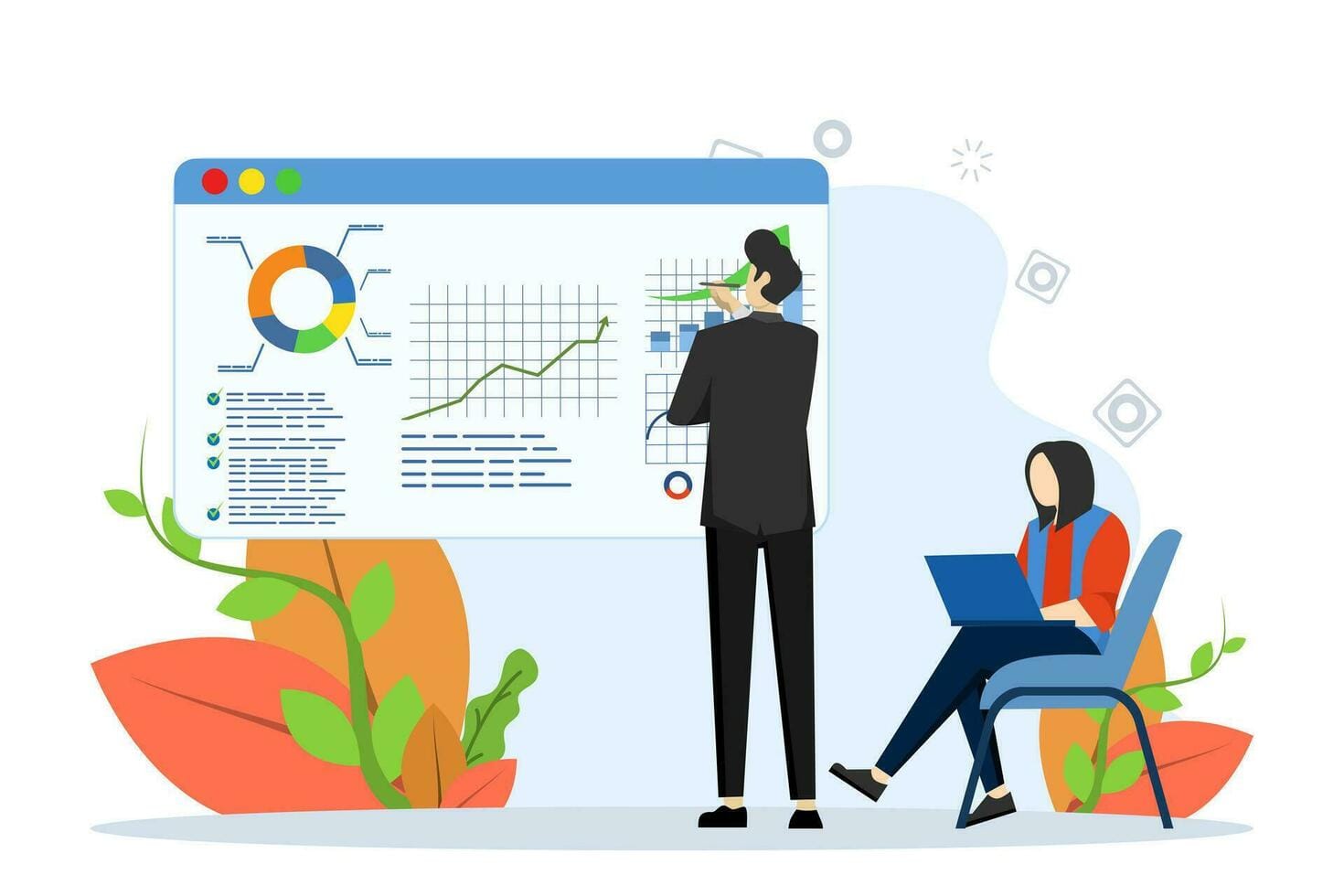
Interactive learning methods provide successful methods to foster logical thinking because they combine education with enjoyable experiences. These inventive approaches serve both children and adults to merge reasoning abilities into normal lifestyle activities while delivering natural and efficient results.
1. Gamified Learning and Strategy Games
For Kids: The strategic thinking ability of children develops through their experience with Chess along with Checkers and Logic Puzzles which require decision-making skills. The digital education platforms BrainPOP along with Prodigy provide students with logic-based challenge tasks through their interactive approach.
For Adults: Adults can benefit from playing Sudoku together with crossword games and escape room challenges which develop their ability to solve problems and generate flexible thinking. Users can find individualized brain training through programs such as Lumosity and Elevate that run on online platforms.
2. Technology-Driven Tools and Apps
For Kids: Consumers aged 6–13 can learn computational thinking through interactive interfaces available on Scratch Blockly and Tynker. These tools offer logical thinking examples through coding challenges.
For Adults: The process of mastering Python coding coupled with data analysis work and Brilliant or Khan Academy problem-solving apps improves adult logical thinking abilities.
3. Hands-On Creative Activities
For Kids: The combination of LEGO structures robotics equipment and DIY scientific projects teaches children to organize their thoughts through a planning phase which leads to testing until they achieve successful results.
For Adults: The practice of woodworking together with 3D modeling and cooking unique recipes helps adults improve logical thinking to solve problems methodically and adapt to situations.
4. Real-Life Problem-Solving Challenges
For Kids: Children can develop reason-based abilities by participating in STEM-based challenges scavenger hunts and riddles when done in an engaged and play-based way.
For Adults: The process of handling daily-life situations including budgeting and home renovation projects and strategic business challenges helps adults develop enhanced analytical ability.
5. Role-Playing and Simulation Activities
For Kids: Children should participate in the enactment of real-world scenarios by playing role-playing games (such as "What Would You Do?" scenarios) and telling stories. scenarios) fosters decision-making and reasoning.
For Adults: The structured thinking skills of adults improve through workplace simulations and leadership training exercises as well as philosophical discussions.
Alternative methods help logical thinking develop into an entertaining lifelong ability that improves problem-solving along with decision-making and adaptability across all age groups.
Why Logical Thinking is Essential for Modern Learning
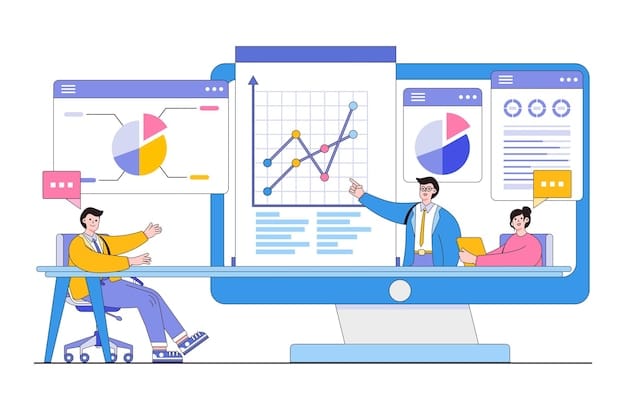
Effective learning and innovation are based on logical thinking which serves people as they deal with the multiple complexities of contemporary existence. The rapid evolution of abundant information requires individuals to become experts at critical data assessment and rational conclusion-making making along with efficient problem-solving abilities.
Enhancing Problem-Solving Skills
Through logical thinking, students can transform large complicated issues into smaller separated aspects which leads to better structured problem resolutions. Decisions become clear and reasoned through the detailed process of logical thinking whenever individuals face math problems, scientific questions, or daily life problems.
Promoting Critical Analysis
Modern educational systems value comprehension as well as evaluation skills just as importantly as memorization. Logical reasoning skills give students the ability to examine bases of thought as they evaluate various points of view while separating genuine information from false claims. The digital era requires people to master this ability because they need to determine truth from inaccurate claims to make knowledgeable decisions.
Preparing for Complex Challenges
New industries require employees who demonstrate critical thinking together with their ability to handle technological changes and create creative solutions for problems. Engineering together with medicine along with business and technology applications benefit from logical thinking as people gain better abilities to address problems and use data to make decisions while they work more effectively with others.
Shaping Modern Educational Practices
Educational institutions show a moving pattern toward inquiry-based instruction which requires analytical abilities together with reason-based competencies instead of memorization methods. The development of education depends on logical thinking because it fosters originality while promoting independent thinking processes and adaptation abilities resulting in academic success and professional achievement.
Today's society needs its people to possess logical thinking capabilities which moved from being helpful to becoming mandatory. Individuals who learn to reason effectively solve contemporary barriers through innovation to achieve accomplishments in the challenging global environment.
Logical Thinking - FAQs
What Are Some Common Logical Thinking Activities?
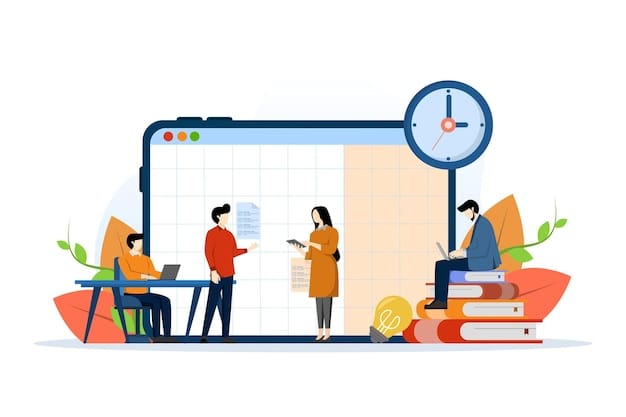
Multiple entertaining activities help people build their logical thinking abilities by developing their analytical skills and problem-solving talent sets. Specifically effective exercises include:
Puzzles and Brain Teasers: The combination of puzzles and brain teasers consisting of Sudoku crosswords and logic grid puzzles builds deductive reasoning abilities.
Strategy Games: The strategic games of Chess and Go along with the board game Risk both advance planning abilities and promote critical thinking among players.
Mathematical and Pattern-Based Challenges: Logic development occurs through Pattern-Based Mathematical Exercises that teach students number sequences together with riddles and pattern recognition tasks.
Escape Room and Mystery Challenges: Problem-solving abilities become better through playing escape room-style games that require players to solve clues while deciphering codes.
Coding and Programming: Programming through coding demands programmers to write code in sequential logical steps thus becoming an excellent tool for structured thinking development.
The integration of these activities throughout daily routines allows people to teach their minds systematic and efficient thinking abilities.
How do Logical Thinking Skills Enhance Career Opportunities?
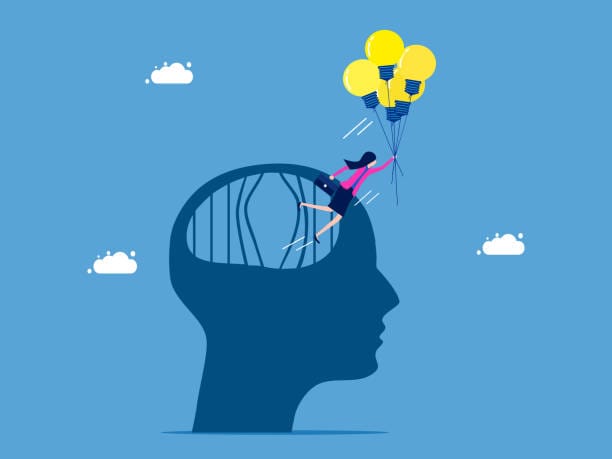
The workplace gains better efficiency alongside improved problem-solving abilities and enhanced decision-making through employer-valued logical thinking talents. The employment value of analytical thinking skills creates the following advantages:
Identify and Solve Problems Efficiently: Logical thinking brings efficient problem-solving organization to workplace situations which creates both improved solutions and decreased errors.
Make Data-Driven Decisions: Decision-making that uses data analysis plays a vital role in business industries along with engineering and technology sectors.
Communicate More Effectively: Strong reasoning enables professionals to deliver their messages to others while providing factual evidence to support their thoughts.
Adapt to Changing Work Environments: Employees who possess adaptable mental processes because of their logical thinking perform better in industries that require constant transformation.
Individuals who demonstrate robust reasoning abilities get better results in their work along with more innovative output which leads to improved career prospects.
What is the Advantage of Logical Thinking in Real Life?
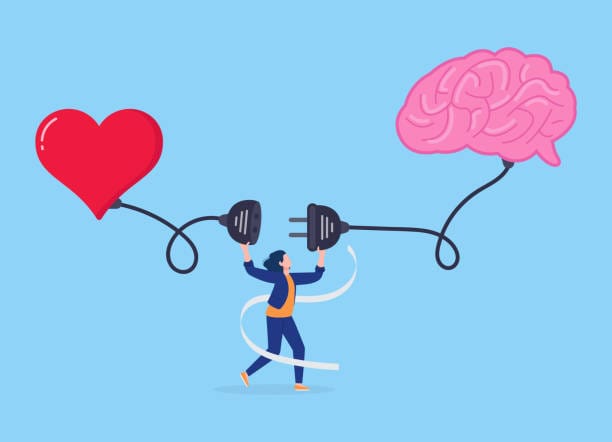
Human success in daily life depends significantly on logical thinking which provides better choices along with efficient problem-solving abilities and clear navigational control through challenges. Some key benefits include:
Improved Decision-Making: People who use logical reasoning skills achieve better decisions since they make assessments based on reasoning instead of emotional impulses or personal biases.
Better Conflict Resolution: People who objectively study situations develop capabilities to discover balanced resolutions for their conflicts.
Financial and Personal Planning: People who use a logical thinking approach to financial planning alongside personal goal planning through budgeting and long-term vision development while conducting proper risk assessment.
Effective Communication: When ideas are structured properly people become better able to communicate their ideas effectively while gaining authority in their communication.
Real-world decisions become more certain and knowledgeable through logical thinking which results in increased success in both personal and professional spheres.
What Are Other Ways to Develop Logical Thinking Skills?

The development of logical thinking begins through different alternative methods which include:
Engaging in Critical Discussions: Multiple viewpoints discussion alongside topic debates between participants builds up rational thinking ability.
Using Digital Learning Tools: Three digital learning apps including Brilliant Lumosity and Elevate present logical tests that improve users' cognitive abilities.
Practicing Reflective Journaling: The procedure of recording your thoughts plus evaluating previous decisions aids the development of organized thinking patterns.
Exploring Philosophy and Logic-Based Reading: Books related to philosophy and logical reasoning skills as well as argument analysis help readers develop intellectual clarity through reading.
Mind Mapping and Visualization: The practice of visualizing information through mind mapping allows users to create rational connections that enhance their decisions during the process.
The methods permit people to adopt logical reasoning skills as an active skill that grows through everyday practice.
What Does Logical Thinking Mean for Modern Learners?
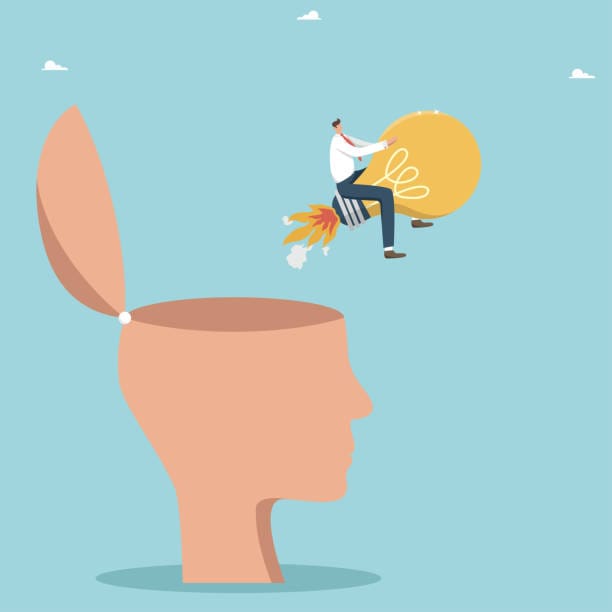
Modern learners must develop logical thinking skills because they create stronger academic outcomes together with advanced adaptability and innovative capabilities for modern educational environments. It helps students:
Understand Concepts More Deeply: Students learn to grasp concepts validly through logical reasoning skills since it surpasses memorization-based learning.
Think Independently and Creatively: Through structured reasoning, creative thinking and independent thinking develop as innovative problem-solving abilities.
Adapt to New Learning Methods: Digital education along with interdisciplinary studies should become second nature to logical thinkers whose capabilities lie in information absorption and analysis.
Prepare for Future Careers: Future career development requires strong analytical skills because industrial expectations demand logical thinking skills and knowledge.
The development of logical thinking abilities among today's students makes them better equipped to tackle complicated problems that emerge in our rapidly changing world.
Comments
Your comment has been submitted